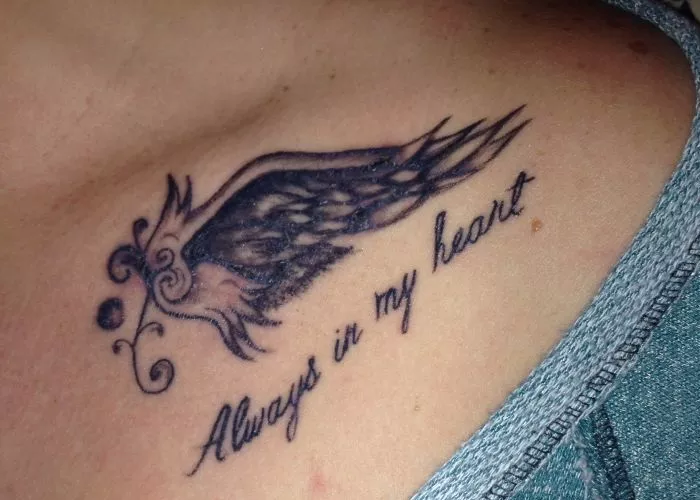Amid recent tragedies in Israel, memorial tattoos have emerged as a poignant form of expression, reflecting both personal and collective grief. The attacks by Hamas inflicted deep trauma across the nation, impacting not only direct victims but also fostering a pervasive sense of shared pain throughout the wider community. This collective experience has led to a rise in memorial tattoos, which serve as powerful symbols of remembrance, resilience, and cultural identity.
Art as a Response to Trauma
In response to these events, many have turned to memorial tattoos as a means to honor loved ones lost and process their trauma. These tattoos encapsulate personal stories of grief while simultaneously serving as communal markers of shared suffering and hope. The body art becomes a tangible representation of emotional connections, embodying both personal and national narratives.
Research on Memorial Tattoos in Israel
Dr. Ayelet Oreg, Dr. Hilit Erel-Brodsky, and Prof. Orit Taubman-Ben-Ari from Bar-Ilan University’s Weisfeld School of Social Work conducted a study examining the surge in memorial tattoos in Israel post-attacks. Using Terror Management Theory (TMT), which posits that awareness of mortality provokes existential anxiety managed through cultural beliefs and social bonds, they analyzed 250 images of memorial tattoos sourced from social media and tattoo artists’ accounts. Their research revealed that these tattoos often serve as testimonials to trauma, functioning as both personal and collective responses to grief and fear.
Key Themes in Memorial Tattoos
Cultural Validation Through Tattoos
Many tattoos feature symbols tied to Holocaust remembrance and Israeli national identity, connecting past and present trauma. Designs include the yellow star, Star of David, and the phrase “never again,” linking the memory of the Holocaust to contemporary tragedies, such as the events of October 7, 2023. Tefillin and barbed wire motifs further reinforce these historical and emotional connections, underscoring commitments to faith and resilience.
Symbols of Strength and National Pride
Tattoos depicting maps of Israel, lions, and lionesses reflect themes of strength and the tribe of Judah, as well as ties to the Israel Defense Forces (IDF). These designs emphasize a defiant and protective stance toward the land and the nation. One striking image shows a hand rising from a grave clutching an Israeli flag, symbolizing resilience. Biblical references and patriotic lyrics, such as “I have no other land,” deepen the expressions of shared grief and solidarity.
Personal Narratives and Battle Memories
Some memorial tattoos are directly tied to individual experiences in conflict or commemorate specific events, such as the massacre at the Nova music festival. For instance, one design features an explosion with damaged buildings and 11 angels, symbolizing soldiers who died in battle, alongside the name “NOVA” and a broken heart. Other tattoos, like those depicting Merkava tanks and wolf imagery, encapsulate the personal stories of soldiers and their recollections of battle.
Conclusion
Memorial tattoos not only provide a space for remembrance but also bolster self-esteem and personal identity. By embedding these stories into their skin, individuals create lasting tributes that affirm their resilience and their place within a collective narrative of survival. These tattoos become powerful tools for coping with existential anxieties and reaffirming connections to culture and community amid widespread trauma.
Related topics:

